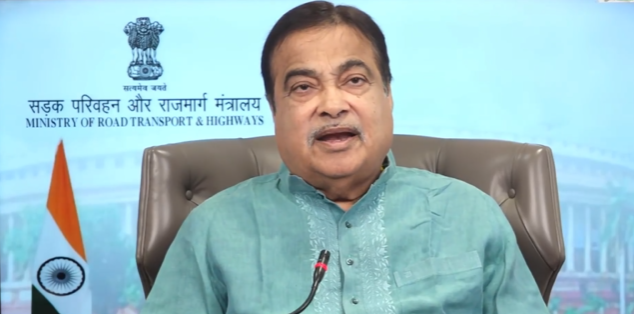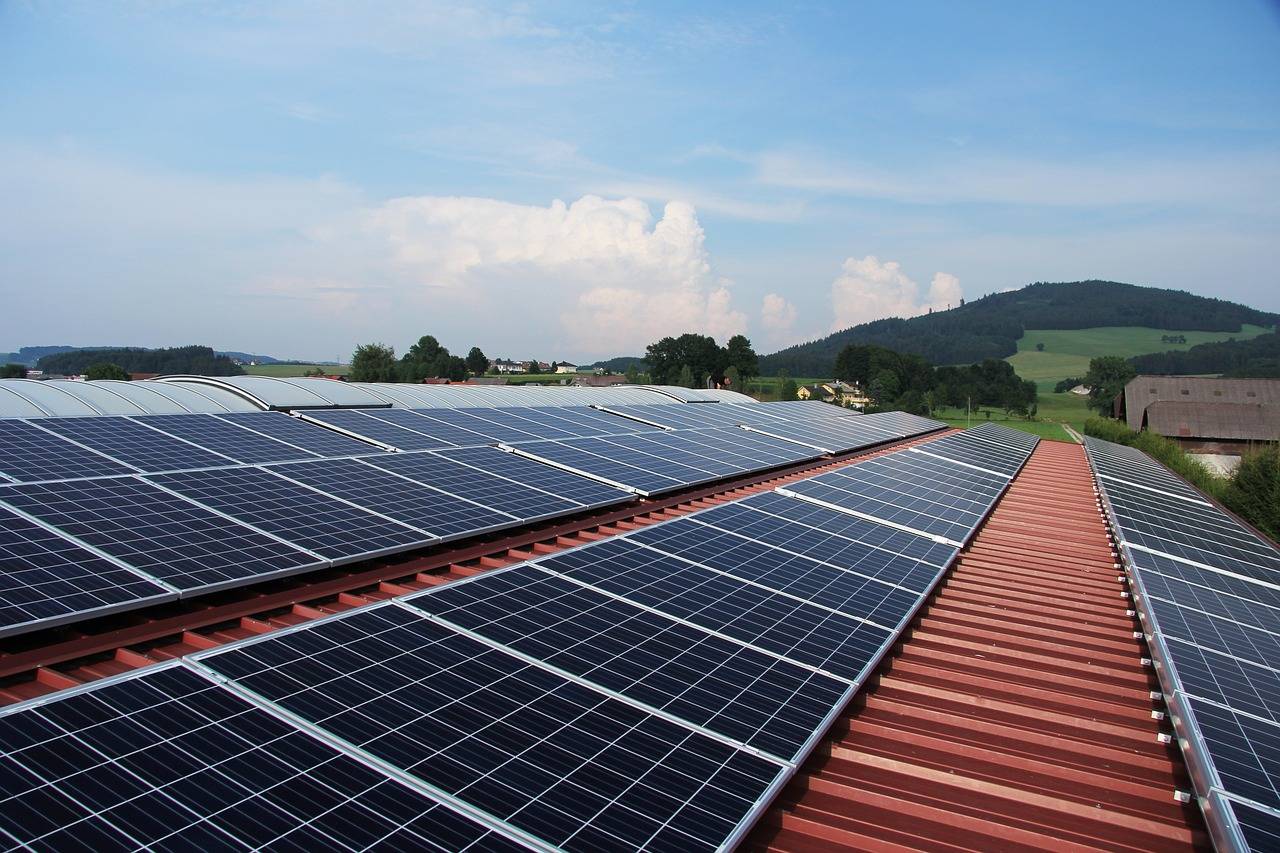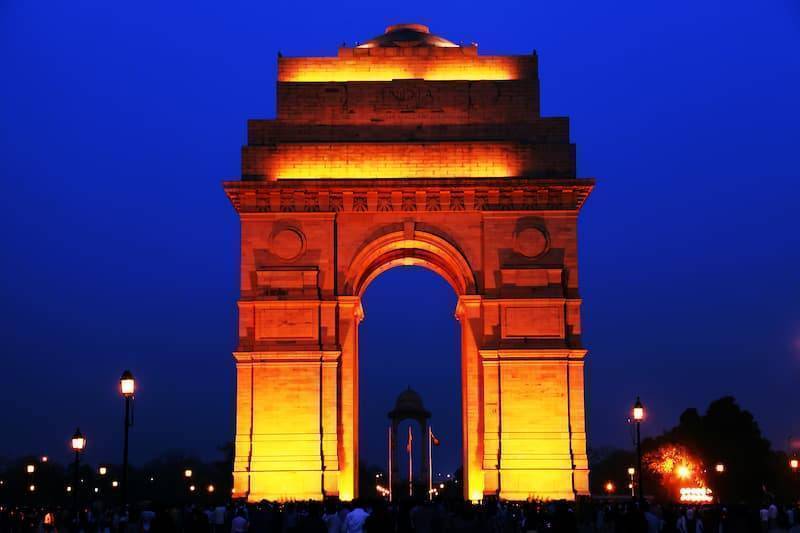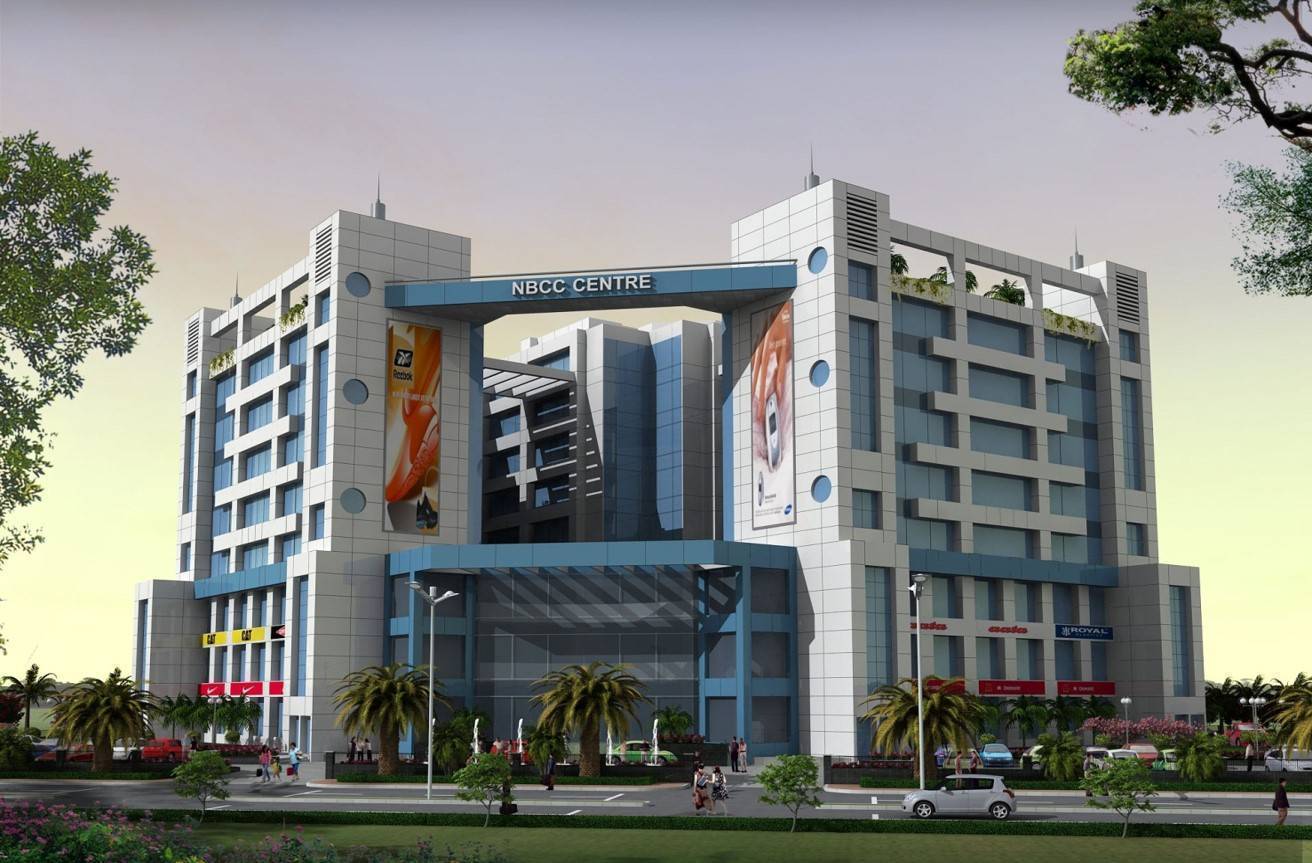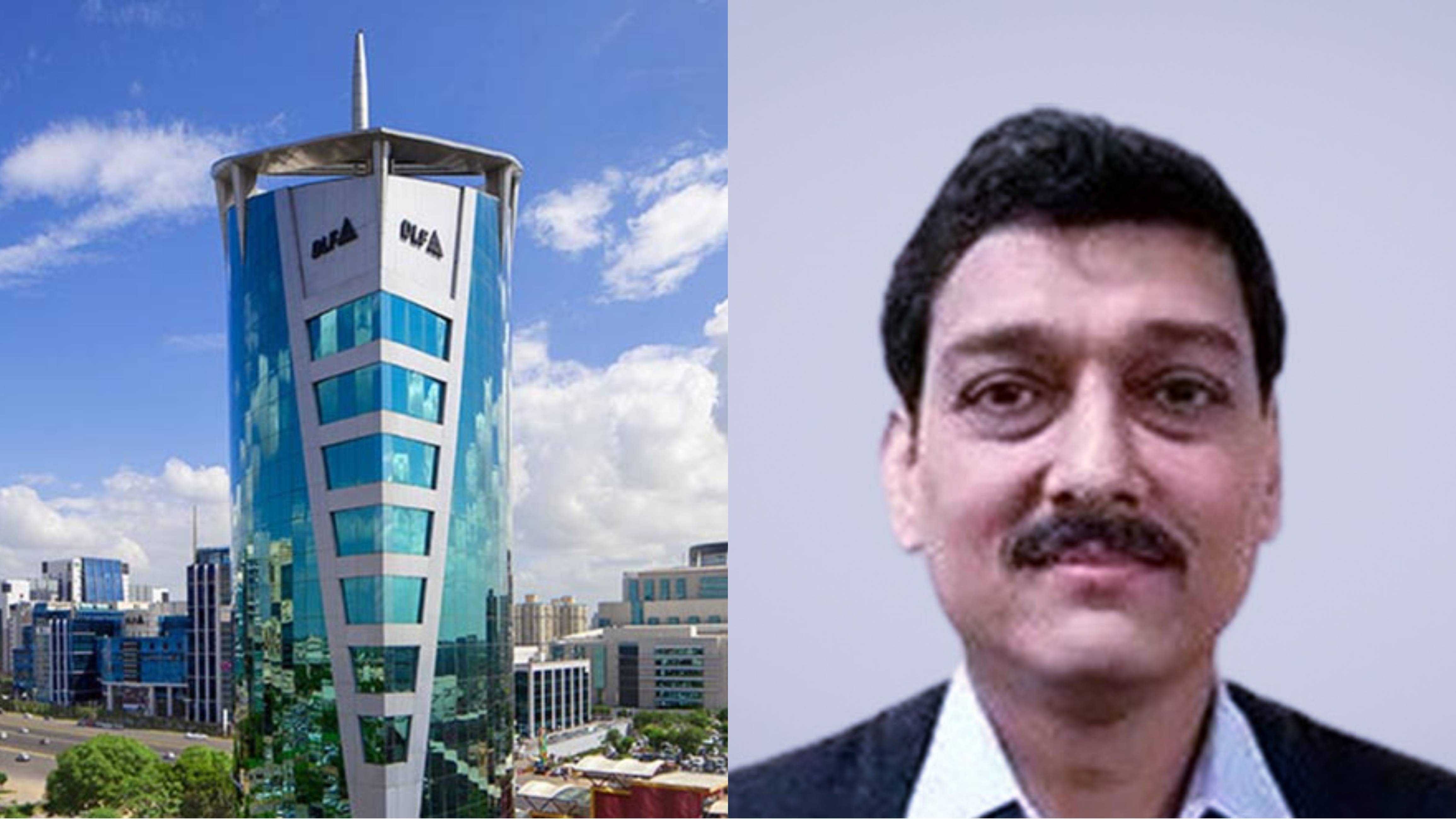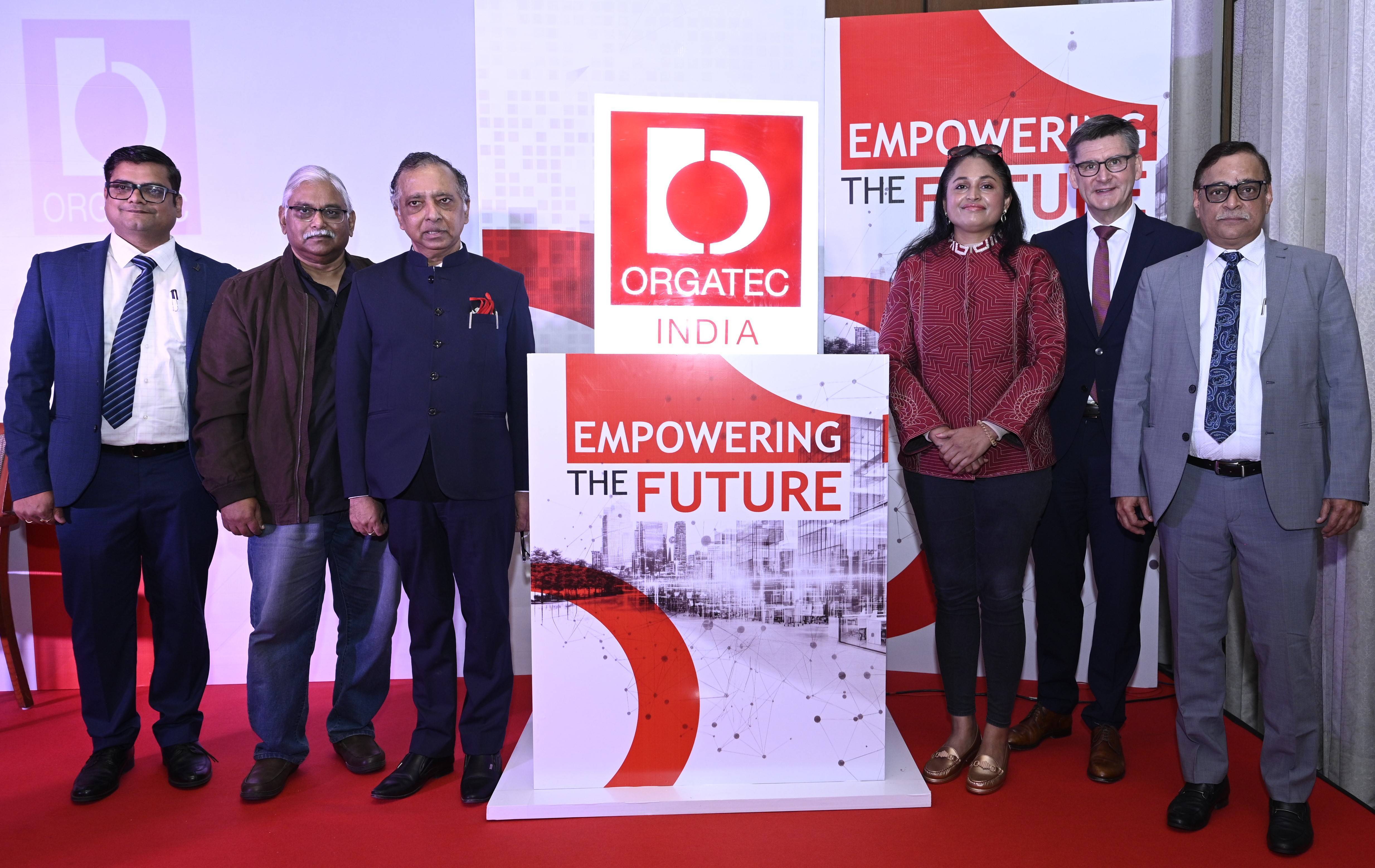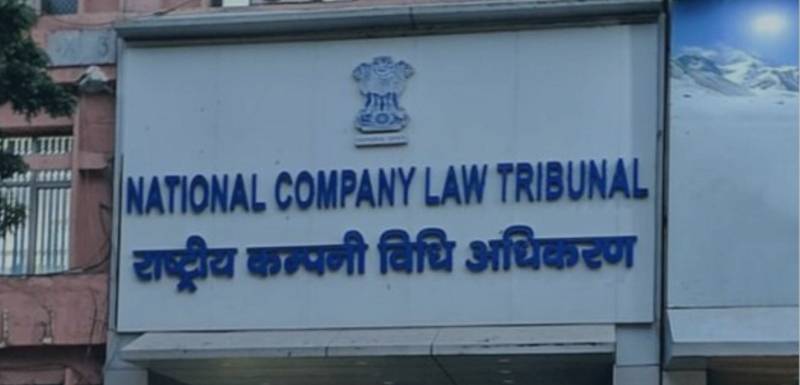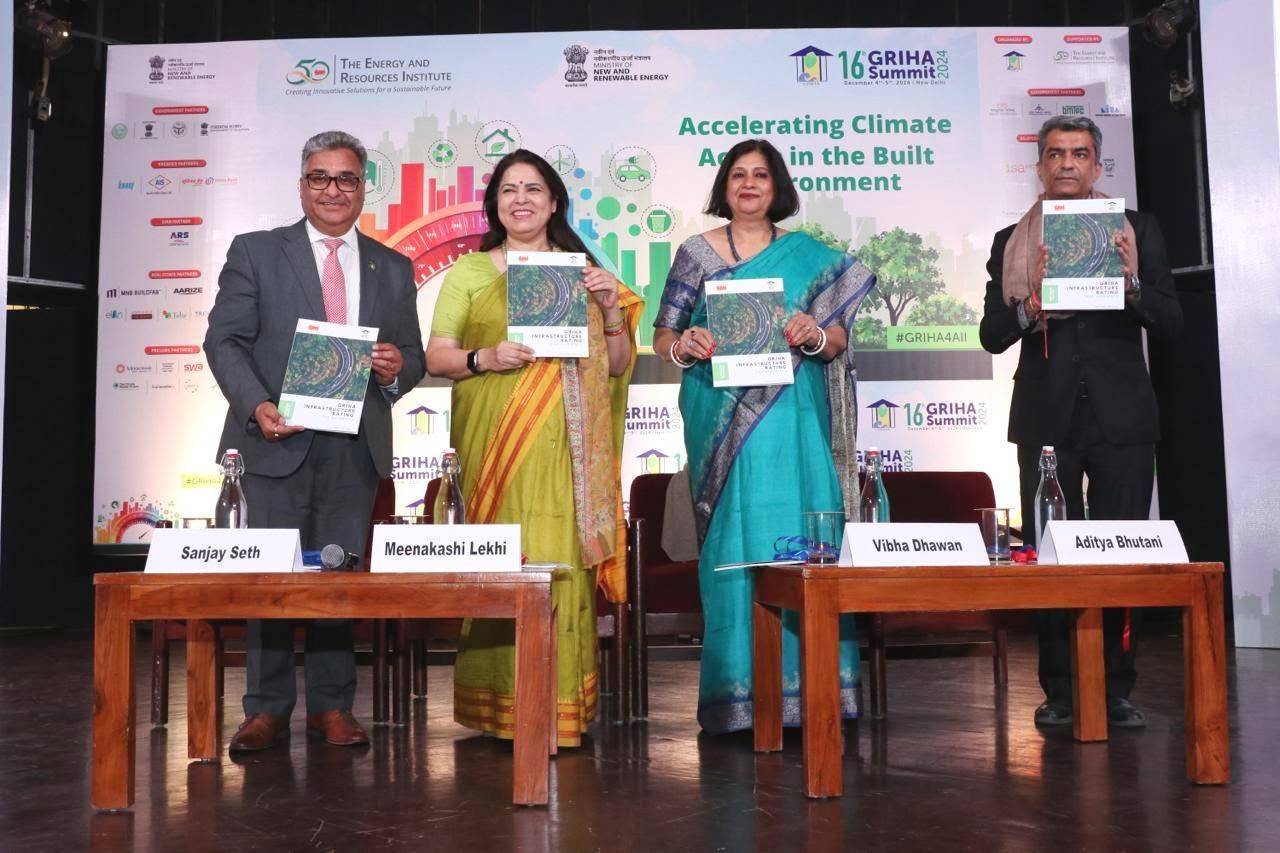Minister of of Road Transport & Highways, Nitin Gadkari Advocates for Economically-Viable Technologies in Infrastructure Projects at Assocham Event
Infrastructure development remains a critical agenda for the Indian government, and the focus must be on making technology economically viable and safe, stated Union Minister of Road Transport and Highways, Nitin Gadkari. Addressing an event organized by Assocham in New Delhi, the minister emphasized the importance of advancements in sectors such as water, power, transport, and communication. According to Gadkari, such developments not only enhance the country's infrastructure but also create significant employment opportunities.
Cost Reduction Without Quality Compromise
Highlighting the government's ambitious infrastructure goals, Gadkari pointed out that developing road networks and tunnels presents immense potential for investment, particularly in the automotive and allied sectors. He stressed the necessity of reducing costs in these projects without compromising quality. "Bridges and tunnels are crucial components of our infrastructure strategy, and reducing costs is essential," he said.
The minister also drew attention to the reliance on imported machinery, particularly from China, and underlined the need for indigenous technological solutions. "Importing machinery poses challenges. We need diverse types of equipment, and reducing costs remains a global priority," he added.
Standout Projects in India
One of the flagship projects in the tunneling sector is the Zojila Tunnel, a 14.2-kilometer-long structure being constructed at an altitude of 9,800 feet under the Zojila Pass. With a budget of ₹6,500 crore, the tunnel has achieved 55% of its overall physical progress, making it one of Asia’s most significant infrastructure initiatives.
Another key achievement in 2024 was the Sela Tunnel in Arunachal Pradesh, inaugurated by Prime Minister Narendra Modi in March. At 13,000 feet, the Sela Tunnel holds the distinction of being the world’s longest bi-lane tunnel. Built at a cost of ₹825 crore, it is strategically important for India's defense and connectivity.
In July, PM Modi also launched the construction of the Shinkun La Tunnel, a 4.1-kilometer-long twin-tube tunnel on the Nimu-Padum-Darcha road. This project aims to provide 24/7 connectivity to India’s northern borders with China, underlining the strategic significance of robust infrastructure in the region.
Another monumental project, the Atal Tunnel, was completed in 2020. Inaugurated by PM Modi, it was built by the Border Roads Organisation (BRO) over a decade of effort and an outlay of ₹3,200 crore. These tunnels represent the government's commitment to creating world-class infrastructure while addressing challenges related to cost and technology.
Ambitious Tunnel Development Plans
The government’s future plans include building 74 new tunnels at a projected expense of ₹1 lakh crore. These tunnels will stretch across 273 kilometers and significantly bolster the country’s highway network. So far, 35 tunnels covering 49 kilometers have been completed at a cost of ₹15,000 crore, showcasing the scale and ambition of India’s tunnel infrastructure program.
Renting Equipment for Cost Efficiency
The minister’s remarks on the challenges of importing machinery from China reflect the broader push for self-reliance in infrastructure projects. By fostering domestic innovation and renting machinery, the government aims to bring down costs and reduce dependency on foreign suppliers. Gadkari’s emphasis on cost-effective solutions aligns with India’s broader economic goals, where infrastructure serves as a cornerstone for growth.
Employment Generation Through Infrastructure
Gadkari also underscored the role of infrastructure in job creation. Sectors like road construction, tunneling, and bridge building are labor-intensive and can generate significant employment opportunities. This aligns with the government’s efforts to stimulate economic growth and create livelihoods for millions of people.
India’s commitment to infrastructure development is evident in its ambitious projects and significant investments. From the Zojila Tunnel to the Atal Tunnel, these initiatives symbolize not only engineering marvels but also strategic advancements that ensure connectivity, enhance mobility, and strengthen national security. The government’s push for economically viable technology and cost efficiency highlights the importance of innovation and self-reliance in achieving these goals.
With plans to invest ₹1 lakh crore in new tunnels and bolster domestic machinery production, India is paving the way for a robust and self-sufficient infrastructure ecosystem. As Gadkari’s address indicates, reducing costs without compromising quality and safety remains the guiding principle of India’s infrastructure strategy

